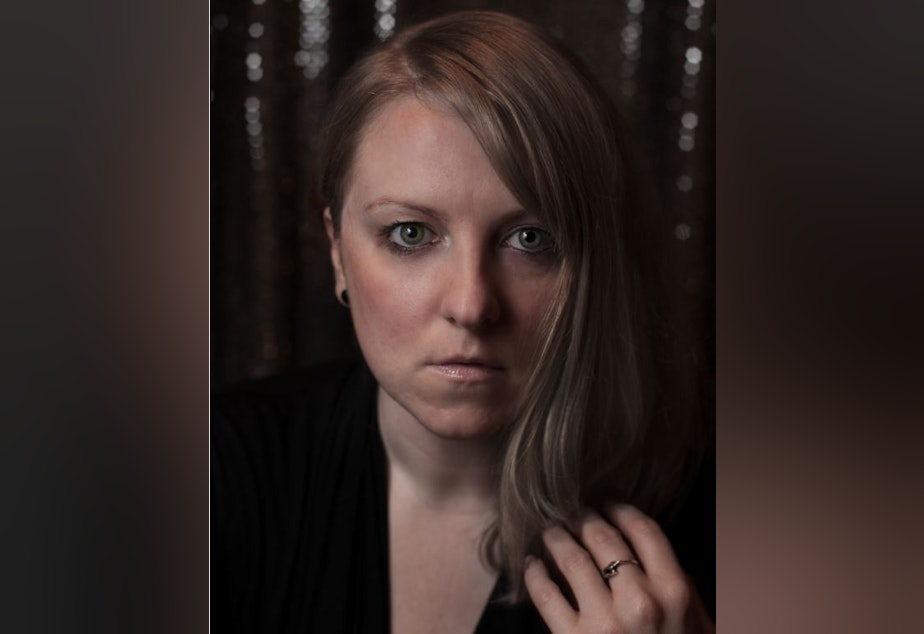Alcohol Stopped Ruining My Life 365 Days Ago

Well, this is it.
I have been sober for one year. My dog woke me up just after 5 o’clock this morning, and although I was still tired, I just couldn't sleep any longer.
I have thought about this day every day for the past year. Every. Single. Day. The thought of it didn't consume my every waking moment, but I held it in my heart where it was a source of inspiration as I walked this unpredictable road of sobriety.
In my first six months after quitting drinking, I did a lot of counting. First it was days I had been sober, then weeks, then months. As I passed that six-month mark, I began calculating how far I was from reaching one year of sobriety. And now here I am. One year sober. One year stronger.
The day I decided to quit drinking, I actually hadn't planned on quitting for good. I just wanted to get healthy and reset everything. For years, I had toyed on and off with the idea of quitting, but I just wasn't ready.
Then, one year ago, I found a book that changed everything. Listening to the audio version of Caroline Knapp's Drinking: A Love Story made it no longer possible for me to deny the fact that my abuse of alcohol was ruining my life. Although Ms. Knapp's abuse of alcohol was more advanced than mine, there was no doubt in my mind what my future held if I continued down the path I was on.
This realization made the decision to quit drinking alcohol easy for me. There was no other option that would work. I had tried regulating my drinking in the past and failed miserably every single time. If I found myself regularly drinking too much of one type of alcohol, I would cut that out and switch to something else in the hopes that I could control myself. Again, I failed miserably. There was no way around it. My relationship with alcohol was over.
Two weeks into my sobriety, I participated in an event called the Out Of The Darkness Overnight Walk. The Overnight was a 17-mile walk around parts of Seattle put on by the American Foundation for Suicide Prevention.
I had heard about the event on the radio months before, and one night while getting drunk alone at home, I signed myself up. I really had no idea just how big of a deal walking 17 miles overnight through Seattle would be. There were thousands of other people participating, but I didn't know any of them. I didn't want to know any of them. I was doing this for myself, and I needed to rely on myself to make it through the night.
The first half was pretty easy, but as the night grew darker, the miles felt longer. The last three miles were the hardest. My hips, knees and feet were screaming at me to give up. I limped my way through downtown, passed the people left straggling the streets after the bars had closed.
During the final mile, I stared down at the sidewalk in front of me, periodically glancing up as the Space Needle grew larger with each step. I watched as busloads of participants who had given up walking drove by to the finish, and I promised myself that I would never give up. I would not get on that bus. I would walk myself across that line.
I finished those 17 miles sometime around 4 o’clock in the morning, and received a T-shirt for making it all the way to the end.
Looking back, I see how similar this past year has been to that one night. I don't get a T-shirt, or a coin, or any "thing" to congratulate me on making it this far. What I get is far more valuable and important.
I get myself back.
Marika Katti Garland was born and raised in La Conner, Washington. She now lives in Seattle, where she is a photographer. In 2006, she won first prize in a National Geographic photo contest on the theme "Where I live."
The Seattle Story Project: First-person reflections published at KUOW.org. These are essays, stories told on stage, photos and zines. To submit a story – or note one you've seen that deserves more notice – contact Isolde Raftery at iraftery@kuow.org or 206-616-2035.
